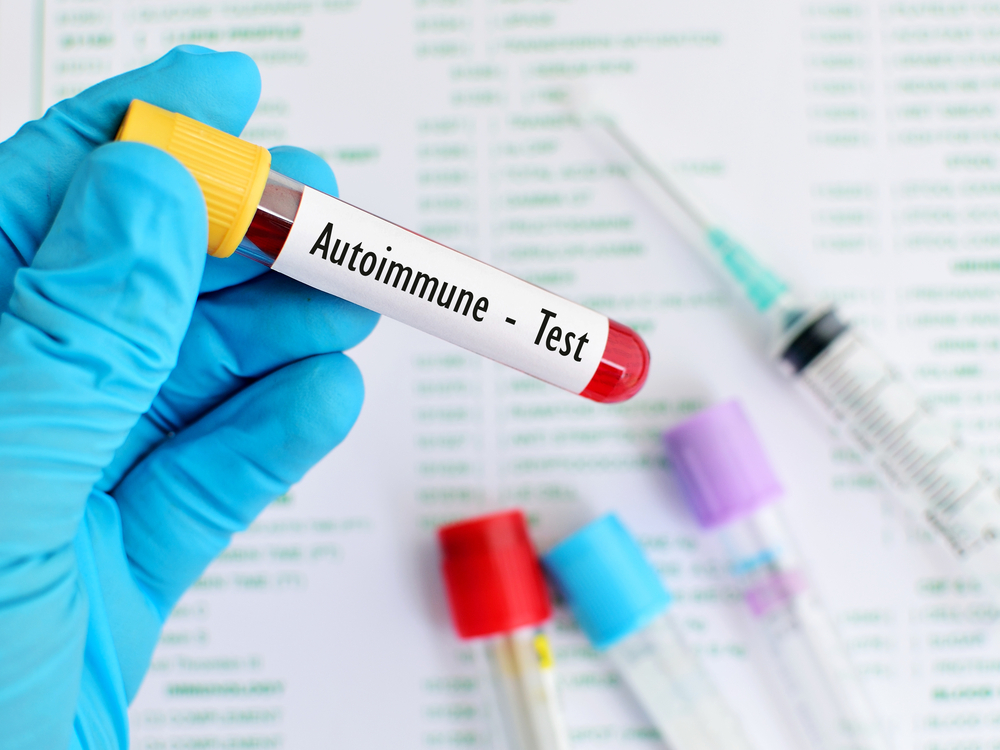Certain Autoantibodies May Help Identify Lupus Patients at Risk for PAH, Research Finds

Certain autoantibodies may help identify the small group of patients with systemic lupus erythematosus (SLE) at risk of developing pulmonary arterial hypertension (PAH), and those who are at lower risk of death, according to the findings of a retrospective French study.
The research, “Pulmonary Arterial Hypertension Associated With Systemic Lupus Erythematosus: Results From the French Pulmonary Hypertension Registry,” was published in the journal Chest.
Although PAH is a rare complication of SLE, a group of researchers set out to investigate potential markers for identifying those at higher risk for developing the disease.
Using the French Pulmonary Hypertension Registry, researchers identified 69 SLE patients with a confirmed diagnosis of PAH by right heart catheterization. Among them, 51 were included in the analysis and were compared to 101 SLE patients without known PAH, selected from SLE expert centers participating in the Pulmonary Hypertension Registry.
The PAH diagnosis usually came five years following SLE diagnosis. The three- and five-year survival rates of SLE-PAH patients were 89% and 84%, respectively. This is significantly higher than the three-year survival rate of patients with PAH due to systemic sclerosis, which is set at 50%, the authors explained.
SLE patients with higher levels of two specific autoantibodies – anti-SSA and anti-SSB antibodies – were more likely to have PAH. Overall, anti-SSA antibodies were detected in 62% of PAH patients and only 40% of non-PAH patients, and anti-SSB were found in 27% and 8%, respectively.
Another class of autoantibodies, the anti-U1RNP antibodies, was linked to better survival outcomes. While none of the patients with anti-U1-RNP antibodies died during the 10-year follow-up, 25 percent of patients without anti-U1-RNP died during the study period.
“The presence of anti-U1-RNP antibodies appears to be a protective factor regarding survival,” according to the authors.
Patients being treated with hydroxychloroquine at the time of PAH diagnosis or who were given hydroxychloroquine during the following months showed a tendency for improved survival. “However, these findings must be interpreted with caution due to the small number of untreated patients and require further investigations in other cohorts,” the researchers wrote.
“Patients with SLE-PAH have an overall 5-year survival rate of 83.9% after the PAH diagnosis. Anti-SSA/SSB antibodies may be a risk factor for PAH, and the presence of anti-U1-RNP antibodies appears to be a protective factor regarding survival,” the study concluded.






